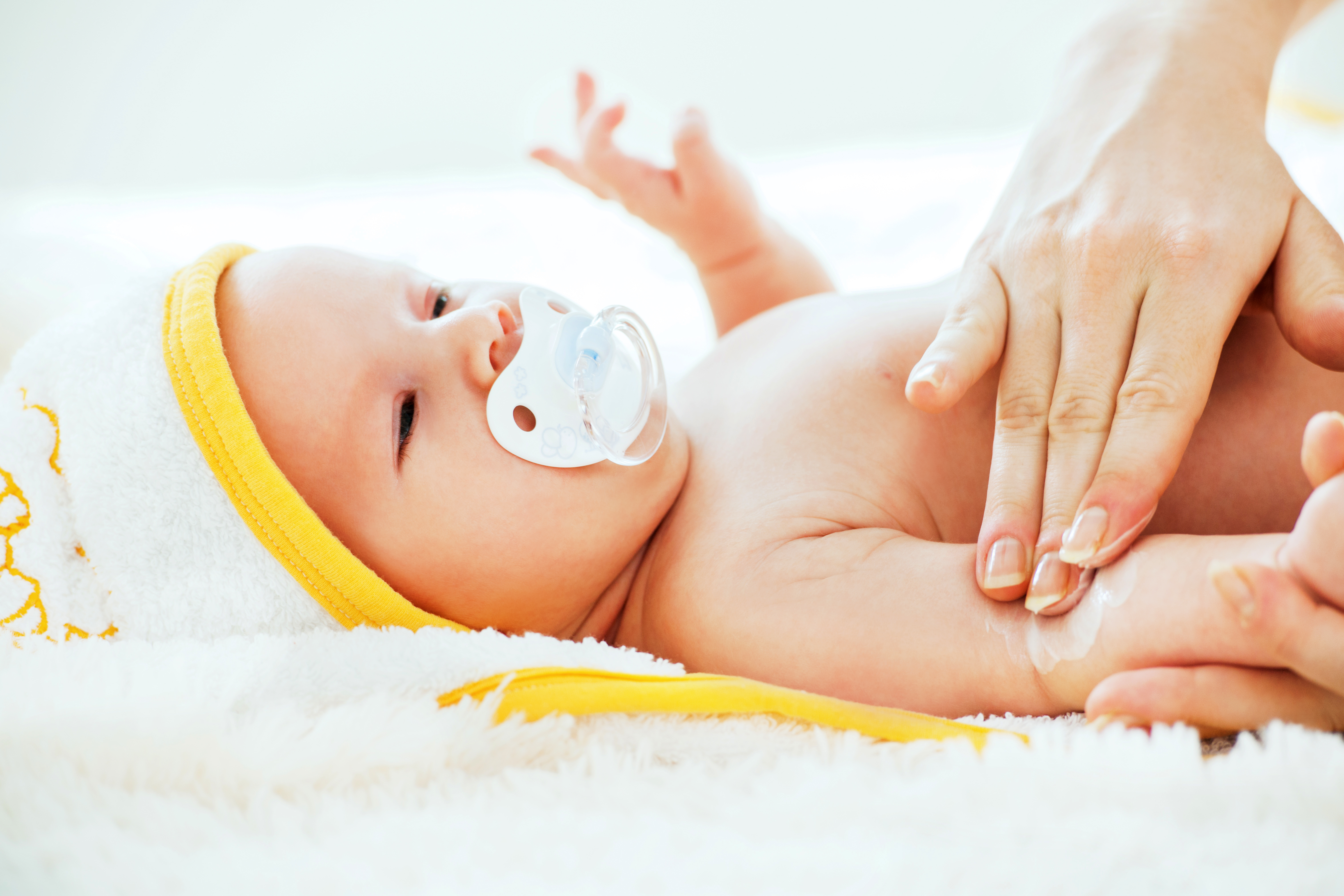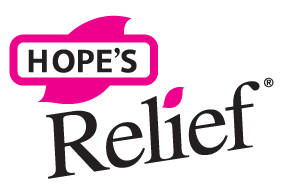
Eczema is a chronic skin condition that can make your baby miserable. Babies and children with eczema have dry, sensitive skin that is easily irritated by fabrics, soaps and laundry detergents and even hot or cold weather.
The Eczema Rash
A baby with eczema will get a red rash. This rash can appear very scaly and will itch. The rash can crack, weep or even bleed. An eczema rash can also be spotty, resembling chicken pox.
With a very young baby, you may find that the rash will most often appear on their cheeks, nappy region and scalp. As your child grows, the rash can be found almost anywhere on the body. It is most common at the elbows, the back of the neck and even the hands. You will be relieved to know that most babies and toddlers will outgrow eczema by the time they reach the teen years, although some will continue to have eczema flares throughout their adult lives.
How to Manage Eczema
If you think your baby may have eczema, it is advisable to see your paediatrician to confirm your suspicions. Eczema cannot be cured, but the skin condition can be effectively managed with a few lifestyle changes.
- Don’t bathe your baby more than a couple of times per week; bathing will dry the skin
- Don’t use soap on young children with eczema; they really don’t need it anyway. For older children, a mild soap can be used under the arms and around the genitals.
- Use fragrance-free detergents for washing clothing, diapers and blankets
- Shorten the bath time
- Dress baby in soft, natural fibres like cotton. Wools and synthetics can itch and cause eczema to flare.
- Keep skin well-moisturised
If you think your baby’s eczema may be caused by a food allergy, you may want to talk to your doctor about testing for allergies. Also, notify your doctor if an eczema outbreak becomes infected, as an antibiotic may be necessary.
Treating and Preventing Eczema Flares
Between flares, your baby’s skin may look thickened, dark or dry in the affected areas. This is normal. Eczema itself does not cause scarring. With mild eczema, the skin may look normal between flare-ups. A doctor may prescribe a cortisol cream if the eczema becomes severe, but many will not use these creams as a first resort. They may suggest using a rich moisturiser to combat and prevent eczema flares. Your Doctor will probably suggest that you keep your baby’s skin well moisturised, even when there is no sign of a rash. Many parents have a difficult time finding the right moisturiser for their baby’s sensitive skin.
A Natural Alternative
If you prefer to use a natural product to care for your baby’s skin, you want to try Hope’s Relief Premium Eczema Cream. This product is free of all the fragrances and artificial colours that can irritate sensitive skin. It is also free of Propylene glycol, paraffin, parabens and lanolin.
Hope’s Relief premium eczema cream will also effectively treat, dermatitis, psoriasis and dry, itchy skin. It proudly contains a list of natural botanicals that will soothe and protect skin while leaving a soothing, protective barrier.
Hope’s relief Premium Eczema Cream has received numerous awards recognising its remarkable abilities, and we also offer a variety of natural products suitable for your entire family. To learn more, visit Hope’s Relief today for Australia’s #1 eczema and psoriasis treatment.
